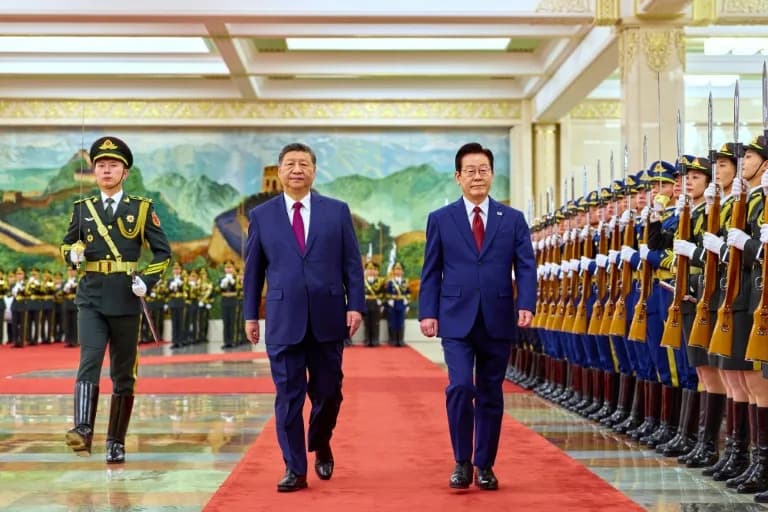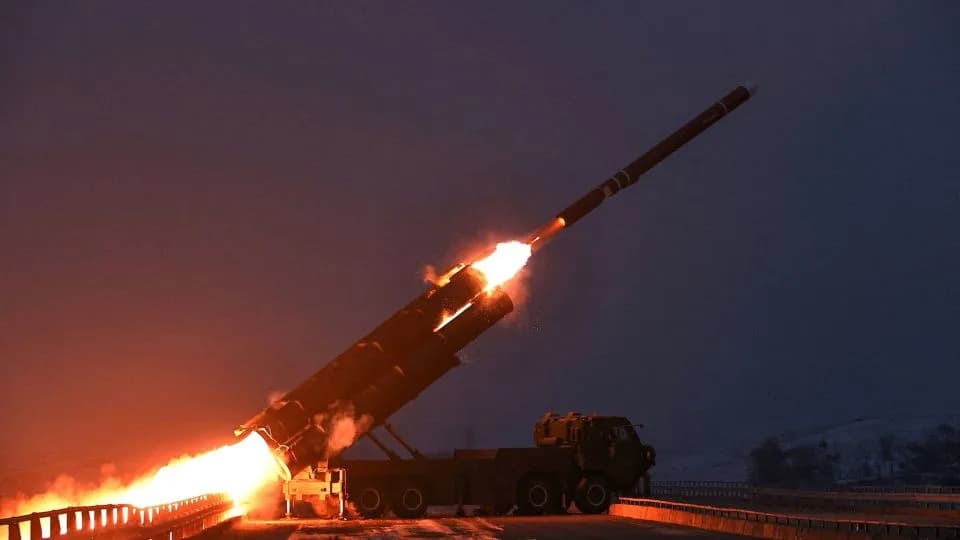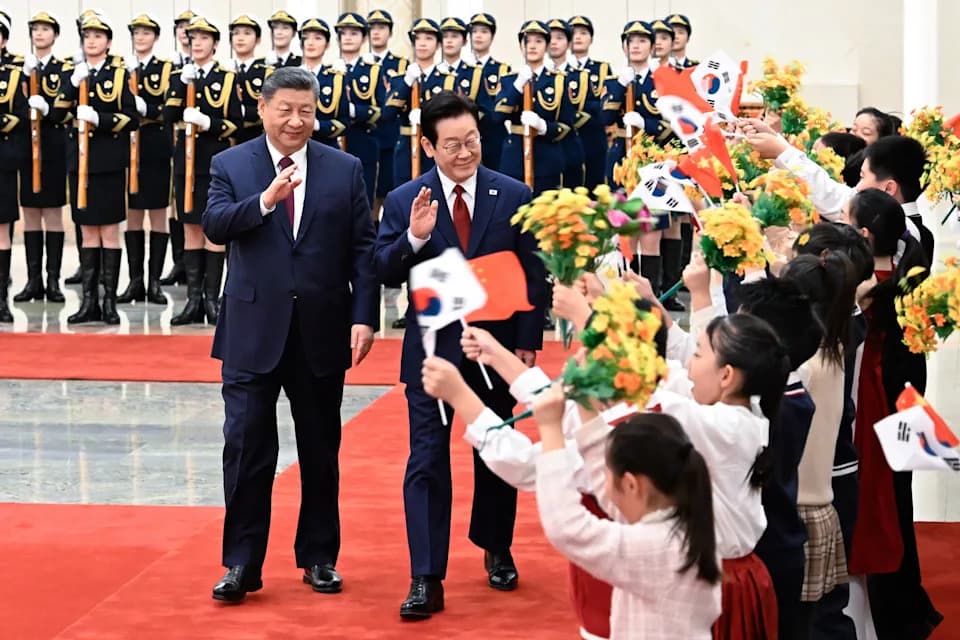North Korea condemned a new Seoul–Washington agreement to develop nuclear‑powered submarines, warning it could trigger a "nuclear domino" and spark a regional arms race. South Korea says the pact, announced by President Lee Jae‑myung, includes support to expand authority over uranium enrichment and spent‑fuel reprocessing and is intended to strengthen the US‑ROK alliance. Pyongyang cited recent ballistic‑engine tests and vowed countermeasures, while China urged caution over non‑proliferation and regional stability. Seoul has also offered renewed military talks with the North.
North Korea Warns Seoul–US Nuclear‑Powered Sub Deal Could Trigger a 'Nuclear Domino'

North Korea denounces Seoul–Washington submarine pact as destabilising
North Korea strongly criticised a recently finalised security and trade agreement between South Korea and the United States that paves the way for developing nuclear‑powered submarines, saying the move will set off a "nuclear domino" across the region.
South Korean President Lee Jae‑myung announced last week that the deal has been finalised and includes plans to move forward with atomic‑powered vessels. Seoul also said the agreement secured "support for expanding our authority over uranium enrichment and spent‑fuel reprocessing."
KCNA: The programme is a "dangerous attempt at confrontation", a serious development that "destabilises the military security situation in the Asia‑Pacific region" and risks making global nuclear control impossible.
In its first public response to the pact, Pyongyang warned that South Korea's possession of nuclear‑powered submarines "is bound to cause a 'nuclear domino phenomenon' in the region and spark a hot arms race." The state commentary added that the Democratic People's Republic of Korea "will take more justified and realistic countermeasures" in response to what it described as a confrontational posture by Seoul and Washington.
Context and wider reactions
North Korean state media also noted recent advances in the country's ballistic‑missile programme, saying in October it conducted a ninth and final ballistic‑engine test that could precede a full ICBM launch in coming months.
The rebuke arrived one day after Seoul proposed restarting military talks with Pyongyang to prevent border clashes — the first such offer in seven years. President Lee also extended an invitation for broader inter‑Korean discussions without preconditions, marking a notable shift from the previous administration's more hawkish stance.
Seoul's presidential office responded to the KCNA commentary by saying South Korea has "no hostile intentions toward North Korea," and Presidential Spokesperson Kang Yu‑jung described the agreement with the United States as aimed at "protecting the nation and solidifying the security alliance between Korea and the United States."
Analysts say Pyongyang's concern goes beyond submarines. "If South Korea acquires nuclear‑powered submarines, it could become a stepping stone to semi‑nuclear‑weapon‑state status," Yang Moo‑jin, a professor at the University of North Korean Studies in Seoul, told AFP. He added that the move could harm prospects for inter‑Korean military dialogue.
Regional implications
China also urged caution, signalling concern about the deal's implications for non‑proliferation and regional stability. Dai Bing, China's ambassador to Seoul, told reporters that the partnership "goes beyond a purely commercial partnership, directly touching on the global non‑proliferation regime and the stability of the Korean Peninsula and the wider region."
The coming weeks are likely to see continued diplomatic responses from Pyongyang, Seoul, Washington and neighbouring capitals as officials clarify technical details of the pact and its security implications.
Help us improve.


































